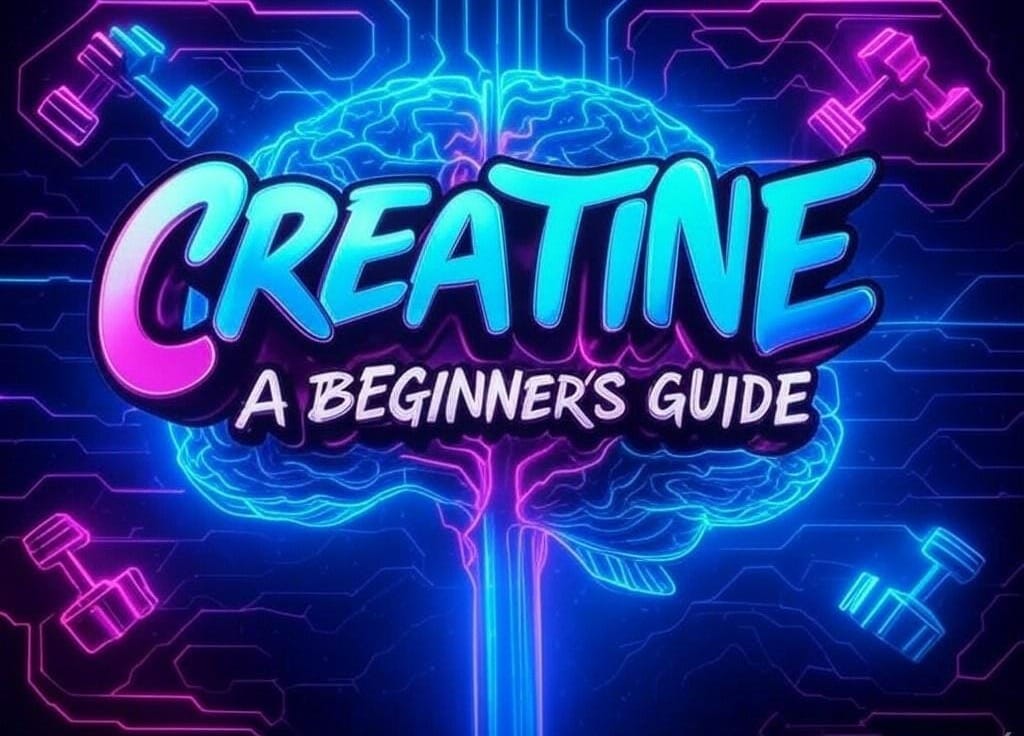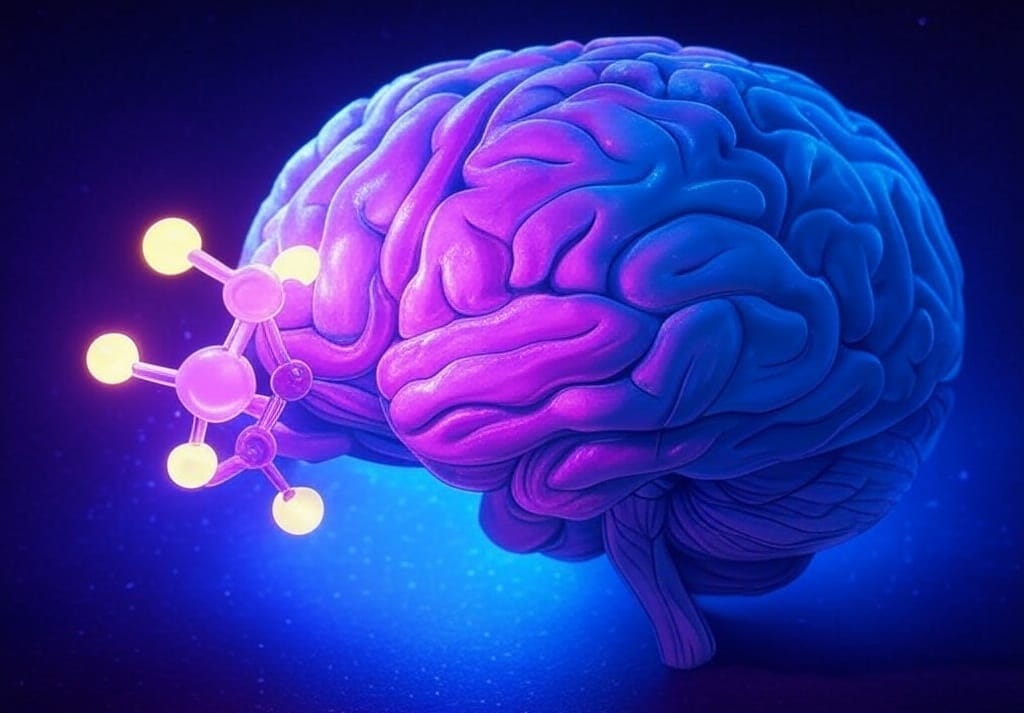Let's dive into this beginner's guide and introduce you to the world of creatine—a journey that could make you not just stronger, but smarter and perhaps even happier too.
What in the World is Creatine?
Creatine isn't just some fancy gym jargon; it's an organic compound synthesised naturally in your body. Think of it as your body's best friend, helping it store more energy for use during periods of hard work, whether that be for your muscles in the gym or your brain during times of sleep deprivation.
Why Should You Even Bother with Creatine?
If creatine is naturally produced by the body, why worry about taking more? The truth is, your body can't synthesise enough creatine to meet the needs of a healthy, active individual. If we don't supplement through diet or supplements, the resulting deficiency can impact not only physical performance but also mental and emotional well-being.
Some of our carnivore friends, who eat like a T-Rex and consume a lot of meat, might be fine without supplementation. However, with research suggesting that one would need to eat at least 1 kilogram of red meat daily to get enough creatine, the reality is that only a small number of people achieve this. In today's lifestyle, most of us need to consider creatine supplementation.
The Benefits - Because Who Doesn't Love a Good List?
- Strength and Power: You'll feel like you can lift the world, or at least your weights.
- Recovery: Whether you have a labor-intensive job, pound out miles on the treadmill, or are the stereotypical gym rat, creatine could give you the edge needed to increase your body's recovery ability.
- Cell Hydration: Hydration is crucial for general health and performance. Creatine can help cells maintain good hydration levels.
- Cognitive Performance: While the brain does produce its own creatine, this can deplete during periods of sleep deprivation and stress. Supplementation has been shown to help alleviate these issues and boost brain performance.
- Mood and Sleep: Recent research suggests creatine might make you feel a bit happier, help those who suffer from depression, and even aid in better sleep.
The Downside
Creatine is one of the safest supplements with minimal side effects. However, some users report common issues like bloating and water retention with creatine monohydrate. These are often transient but worth noting.
The Creatine User Manual
- Dosage: If you're impatient, you can do a "loading phase" (20 grams daily for 5-7 days). However, most people will achieve all the health benefits by simply starting with 3-5 grams daily and allowing time for it to build up.
- Timing: Should you take it before or after your workout? With food or without? It's akin to choosing pizza toppings—it's a personal preference. Don't get overwhelmed by differing gym opinions; for general health creatine will work whenever you take it.
- Cycle or Continuous: If you experience water retention from creatine, you might want to cycle off during summer months for aesthetic reasons. However, research is clear that it's safe, and in many cases advisable, to take 3-5 grams daily, continuously.
Wrapping Up
Want to find out more? Check out the Creatine Tag page to find all our posts relating to this amazing supplement. In future posts we'll explore:
- The numerous research articles showcasing the positive benefits of creatine. Like our popular "From Zombie To Genius: The Creatine Cure"
- debunk common myths,
- and discuss various types of creatine and where to find them.
For now, here's our lowdown on creatine. Whether you're looking to pump up your muscles, boost your brain, or elevate your mood, creatine might just be the supplement for you. But remember, like with any good story, do your homework and maybe chat with a professional before diving in.















Discussion